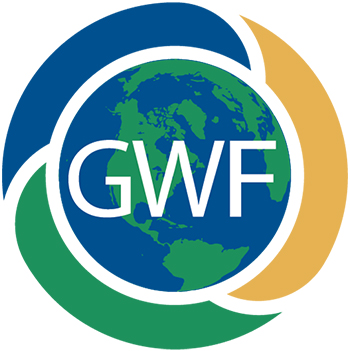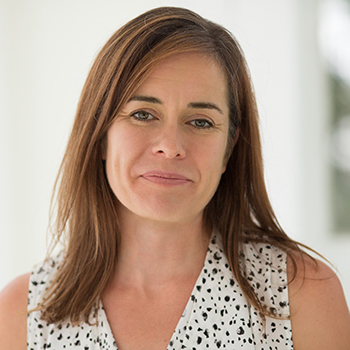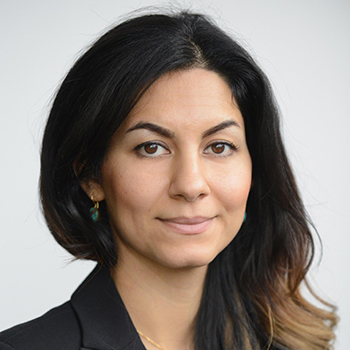Global Water Futures (GWF), the world’s largest university-led freshwater research program, is investing in new research at Laurier. As part of the second phase of its seven-year mission, GWF launched 12 new water-security projects totalling $2.52 million, two of which are being led by Laurier professors Jennifer Baltzer and Homa Kheyrollah Pour.
 Baltzer, associate professor of Biology and the Canada Research Chair in Forests and Global Change, is co-leading a study investigating climate change-related disturbances in northern ecosystems. Increased shrub cover on the tundra, permafrost thaw and wildfire are some of the factors contributing to significant changes in water resources across the Arctic. Together with researchers at the University of Saskatchewan, McMaster University, Université Laval, Université de Montréal and her Laurier colleague, Philip Marsh, Baltzer aims to improve our ability to model complex feedbacks between ecology and hydrology in the rapidly warming Arctic.
Baltzer, associate professor of Biology and the Canada Research Chair in Forests and Global Change, is co-leading a study investigating climate change-related disturbances in northern ecosystems. Increased shrub cover on the tundra, permafrost thaw and wildfire are some of the factors contributing to significant changes in water resources across the Arctic. Together with researchers at the University of Saskatchewan, McMaster University, Université Laval, Université de Montréal and her Laurier colleague, Philip Marsh, Baltzer aims to improve our ability to model complex feedbacks between ecology and hydrology in the rapidly warming Arctic.

Jennifer Baltzer, associate professor of Biology and Canada Research Chair in Forests and Global Change.

Homa Kheyrollah Pour, assistant professor of Geography and Environmental Studies and Canada Research Chair in Remote Sensing of Environmental Change.
Kheyrollah Pour, assistant professor of Geography and Environmental Studies and Canada Research Chair in Remote Sensing of Environmental Change, is studying the effects of climate change on Arctic lake ice. Warmer winters are causing northern lakes to experience significant shifts in ice-cover duration and water temperature, creating safety issues for communities that rely on ice roads to move people and goods in areas that would be otherwise inaccessible. Kheyrollah Pour and her partners at the University of Waterloo will use Earth-observation satellites to develop tools for ongoing ice monitoring in order to support decision-making and mitigation strategies for northern communities.
In addition to her work as co-primary investigator on the Arctic lake ice study, Kheyrollah Pour will be collaborating with colleagues at the University of Waterloo on two more GWF studies. The first, an ongoing project called Lake Futures, aims to enhance the adaptive capacity and resilience of Canada’s lake ecosystems. The second is a new project focused on urban water management.
Established in 2016 with an investment from the federal Canada First Research Excellence Fund, GWF has allocated more than $69 million to its 64 projects across 18 Canadian universities.